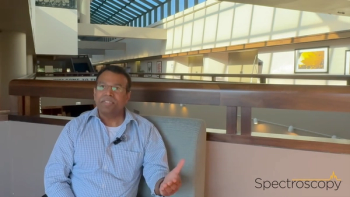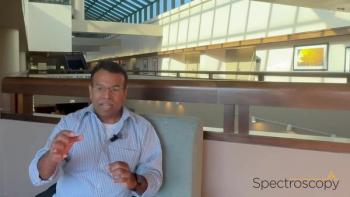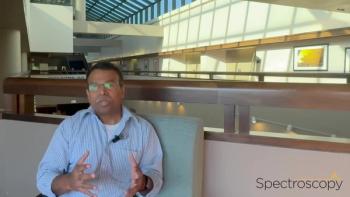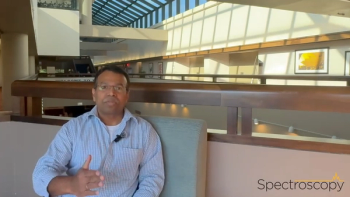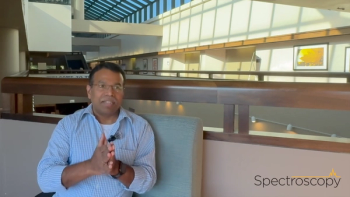
FDA Satellite Laboratories Use Spectroscopic Techniques to Ensure International Mail Security
FDA currently has nine satellite laboratory facilities throughout the country, which have been able to support the prevention of 550,689 products entering the country.
The US Food and Drug Administration (FDA) has been working on setting up satellite laboratories nationwide to help screen international packages for the presence of active pharmaceutical ingredients (API).
During a talk on October 11 at SciX in Sparks, Nevada, Sara Kern a chemist at the FDA, spotlighted these programs and the methods her team has been using to analyze FDA-regulated products at international mail facilities. The FDA currently has nine satellite laboratory facilities throughout the country, which have been able to support the prevention of 550,689 products entering the country, she said.
The initial goal of these laboratories was part of a push by the FDA to combat the opioid epidemic, she said. In 2022, 71% of the items that were screened by the FDA were refused entry.
“Since around 2018 we got a tremendous amount of support and resources and funding to combat the opioid epidemic, this program came out of that need,” Kern said.
Kern and her team use a handheld Raman spectrometer, a direct analysis in real time-thermal desorption-mass spectrometry configuration (DART-TD-MS), and Fourier transformation infrared spectroscopy (FT-IR) to test packages at these labs.
The team’s handheld Raman spectrometer can analyze samples in two to three minutes, Kern said. The DART-TD-MS is highly sensitive, she said, and can analyze samples in one to two minutes. The FT-IR technology has an analysis time of two to 10 minutes.
“With the extractions we can get down to very low concentrations and we can separate mixtures of Active Pharmaceutical Ingredients (APIs) and we have a very large database library,” she said.
Kern added that the team has been exploring other technologies including a portable gas chromatography–mass spectrometer (GC–MS) and a Radian-ASAP Mass Spectrometer.
Kern’s team recently opened a satellite laboratory in Miami and are planning on additional facilities in Los Angeles and New York.
“When you think about international mail facilities, you don't always think about the fact that the FDA has a presence, but we certainly do,” she said.
Newsletter
Get essential updates on the latest spectroscopy technologies, regulatory standards, and best practices—subscribe today to Spectroscopy.

